Governor Haslam reduced the Highway Fund budget by 13 percent, while he grew the State budget by 20 percent during his first six years in office.
Only after he made these reductions in the Highway Fund budget did he propose the gas tax and diesel tax increases included in the IMPROVE Act when he introduced it in January 2017.
From Governor Haslam’s first budget year of 2011-12 to the most recent 2016-17, Highway Fund allocations went from $867 million to $757 million, a reduction of 13 percent.
HIGHWAY FUND ALLOCATIONS
| Link | 2011-12 | 2012-13 | 2013-14 | 2014-15 | 2015-16 | 2016-17 | |
| Actual | Actual | Actual | Actual | Actual | Estimated | DOWN | |
| Budget $ | $866,886,300 | $823,104,600 | $683,800,400 | $792,219,800 | $740,645,600 | $756,856,000 | -13% |
| Sheet | 54 of 656 | 54 of 545 | 54 of 542 | 54 of 550 | 54 of 558 | 54 of 558 | |
| Page | A-22 | A-22 | A-22 | A-22 | A-22 | A-22 |
During that same period, the state portion of the budget, excluding the unpredictable and heavily mandated federal funding, grew from $13.7 billion in 2011-12 to $16.5 billion in 2016-17, representing a 20 percent increase.
STATE BUDGET IN BILLIONS OF DOLLARS
| Link | 2011-12 | 2012-13 | 2013-14 | 2014-15 | 2015-16 | 2016-17 | |
| Actual | Actual | Actual | Actual | Actual | Estimated | INCREASE | |
| Billion $ | $13.7 | $14 | $14.6 | $14.8 | $15.3 | $16.5 | $2.77 |
| Sheet | 41 of 656 | 41 of 545 | 41 of 542 | 41 of 550 | 41 of 558 | 41 of 558 | +20% |
| Page | A-9 | A-9 | A-9 | A-9 | A-9 | A-9 |
The data presented in the tables above is taken from the budget documents, linked to the year, found on-line within the Tennessee department of Finance & Administration website. The electronic PDF “Sheet” number (# of #) as well as the Page number (A-##) is provided for the reader’s information and convenience.
Where the data referenced states “Actual,” the information is taken from the budget document two years later, when the budget year is considered closed. Budget year 2016-17 is labeled “estimated,” consistent with the budget document’s reporting, since the budget year does not end until June 30, 2017.
Had Governor Haslam had conservatively kept Highway Fund allocations “flat” from 2011-12, the Highway Fund would have received total additional revenues of $538 million over the past six years.
Also noteworthy is that Governor Haslam, in his first budget year of 2011-12, reduced the Highway Fund from Governor Bredesen’s $890 million to $867 million.
If Governor Haslam had simply maintained Governor Bredesen’s $890 million funding level through 2016-17, the cumulative effective would have provided the Department of Transportation a total of $1.3 billion over the past six years, or an average of $215 million per year.
Effectively, Governor Haslam took the Highway Fund back to less than 2005-06 levels, when it was $788 million (Sheet 89 of 613) at that time under Governor Bredesen.
As previously reported by The Tennessee Star, Governor Haslam cut the state’s portion of the Highway Fund by an average of $56 million per year as compared to Governor Bredesen.
Governor Haslam’s IMPROVE Act, through the gas and diesel tax increase of 6 cents and 10 cents, respectively, and vehicle registration fee increases, will increase allocations to the Highway Fund by an estimated $384 million when fully implemented.
With the IMPROVE Act increases, Governor Haslam’s recommended state budget for 2017-18 (Sheet 41 of 558, Page A-9) is $17.9 billion, representing another $1.4 billion or 8 percent increase over 2016-17.

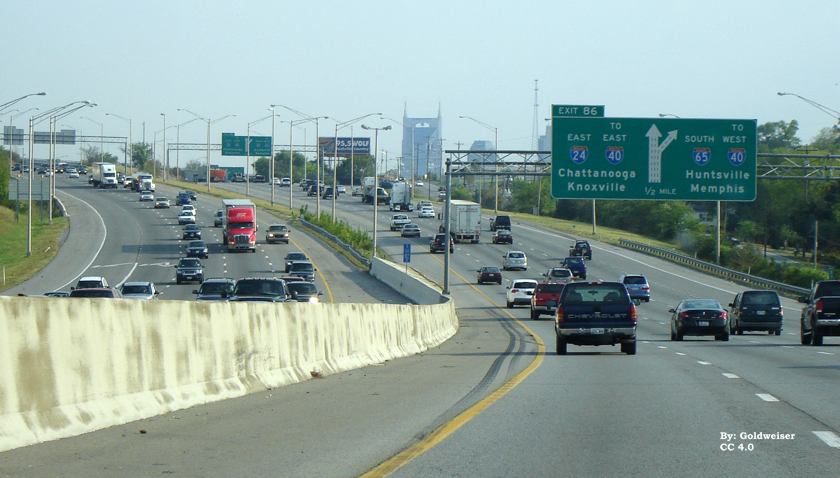
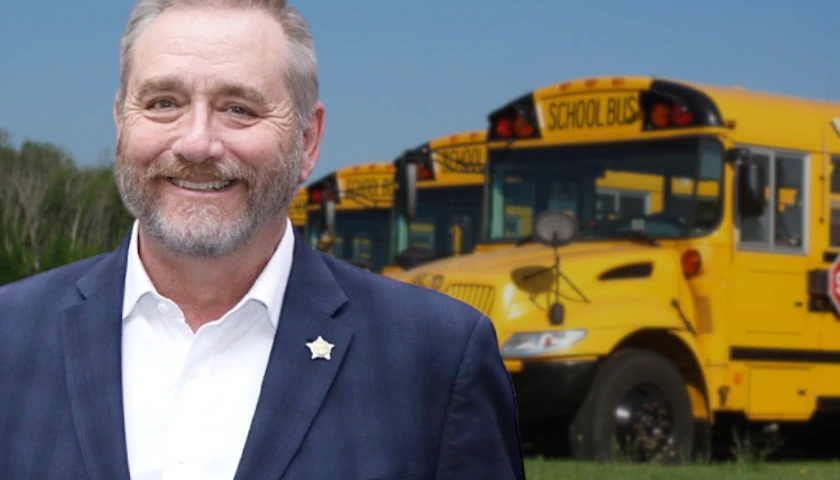
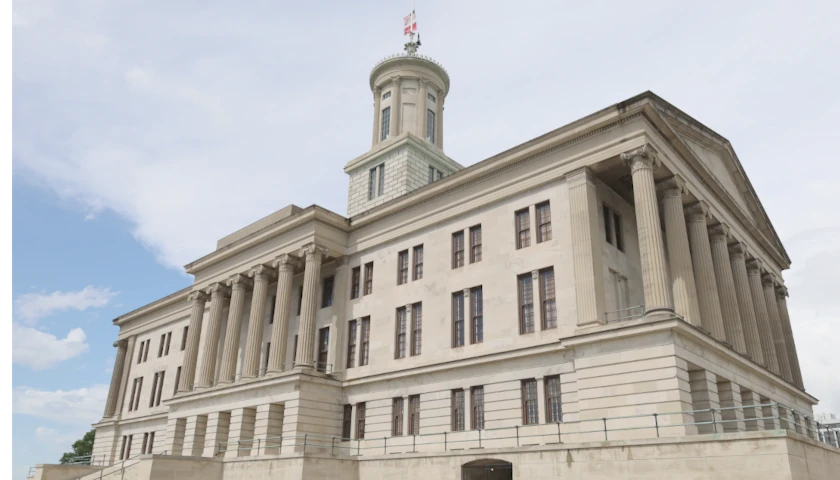
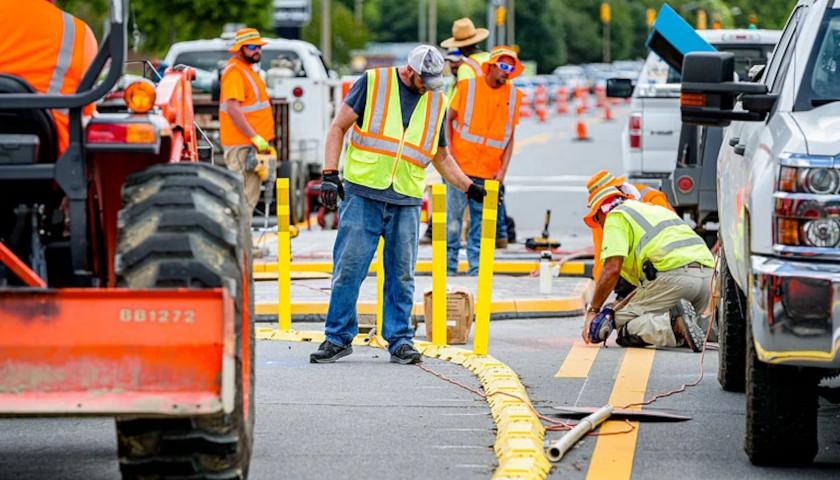
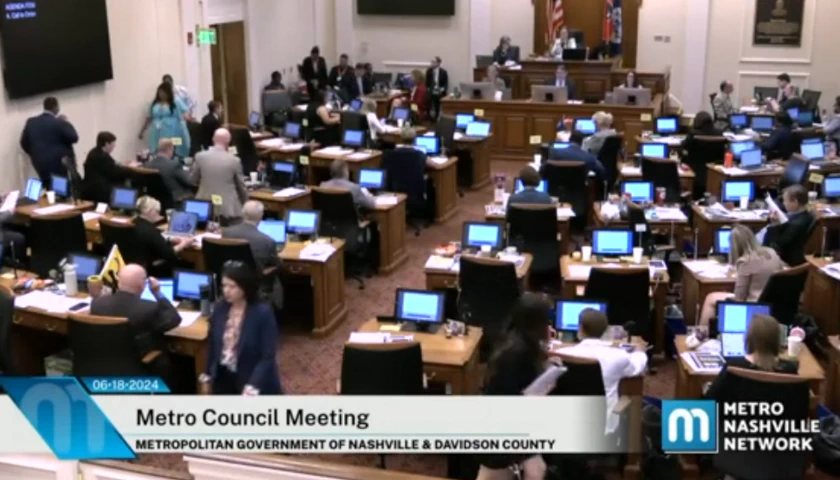
[…] his term as Governor, Haslam reduced the Highway Fund budget by 13 percent, while the state’s budget grew 20 percent before he proposed […]
Haslam in 2010 (while trying to get elected): “It’s important for our state to maintain a sound infrastructure, but we can’t add to the burdens of Tennessee taxpayers. I will conduct a top-to-bottom review of the Tennessee Department of Transportation, along with all other state departments and agencies, to find ways to use taxpayer dollars more efficiently and effectively. I will carefully examine how much money is actually going towards servicing roads and bridges versus administrative functions and make sure our tax dollars are being spent on our highest priorities.”
Haslam in 2014: (crickets…because he is trying to get re-elected)
Haslam in 2015: “There’s several people running for governor who are reluctant [to talk about tax increases], he said. “And I’d like to think that even I was [running] I’d be willing to address this issue.” (of course he would say that….)
“The challenge of basic funding is there,” Haslam said. “We decided not to do it this year. But at some point in time in the near future, it will happen while we’re in office.”
Haslam in 2016: While Haslam said there is no immediate crisis for Tennessee transportation, he does believe the state needs to move soon to protect what is considered by some as the nation’s third best state road system, which is funded on a pay-as-you-go basis.
Why can’t we get a fuel tax cap at say, half of what we are paying now – like FedEx received from TN Republicans?
[…] Since state law requires that all of the revenues be allocated, that’s a $2.8 billion, or 20 percent, increase in state spending in just six […]
I wonder how the highway budget is formulated? Is it based on planned work or is it just a preset budgetary level? Also, I don’t think we should spend the surplus; a rainy day fund is essential in a state that relies on revenue sources (like sales tax) that tends to decline during a recession.
I can not supporta gas tax when there is a$2billion budget surplus in the rest of the state budget. Shift $ around to cover transportation needs from the surplus first.